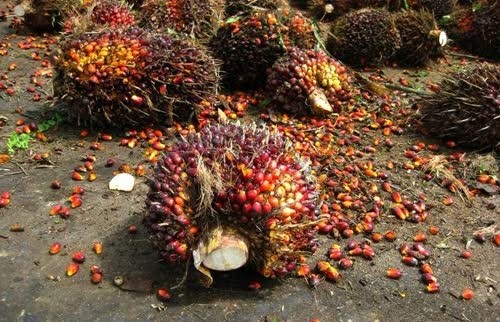
Bangkok – The Ministry of Commerce is working hard to solve the low pricing of oil palm kernels, bringing forward measures over the next two months to bring down the stock volume to a normal level.
One of the factors leading to poor palm oil pricing is the warm climate causing palm fruit to become ripe prematurely, leading farmers to sell the produce to oil extractors and resulting in higher costs and lower yields.
The decision by the European Union to cancel the use of palm oil as a biofuel ingredient, and the increase in import tax by India, the world’s largest palm oil importer, has also affected the pricing.
The Department of Internal Trade has been accepting registrations from crude palm oil producers to supply the Electricity Generating Authority for electricity generation from 2nd January to 1st March 2019. The campaign has reached the 160,000 tons goal. The EGAT has so far received 152,000 tons of palm oil, with 8,000 remaining to be shipped this month.
The department is also promoting the use of B20 biodiesel at 20 million liters daily. Related agencies are now working to issue B20 certifications for compatible car engines, encouraging manufacturers to produce more models compatible with B20, and providing a discount on B20 sales to be 5 baht per liter less than diesel oil. These measures are expected to create more than 1,270,000 liters of palm oil consumption annually.
 |
 |





